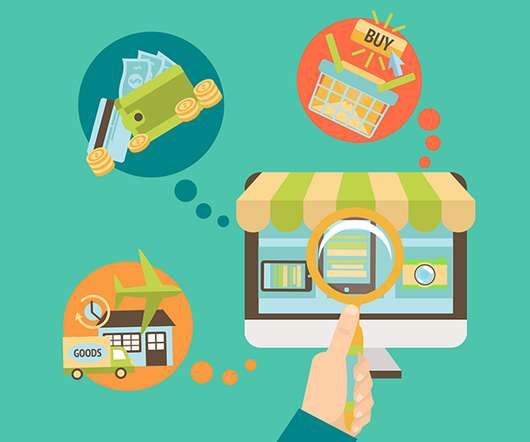The Best Enterprise Ecommerce Platforms in 2021
Ecommerce Platforms
FEBRUARY 23, 2021
As your business grows, your enterprise ecommerce platform needs to be equipped to handle a range of tasks, from rendering product catalogs to managing orders. Your ecommerce software holds your company together and keeps it running when you’re trying to guide your clients through your checkout. Customer segmentation.













Let's personalize your content